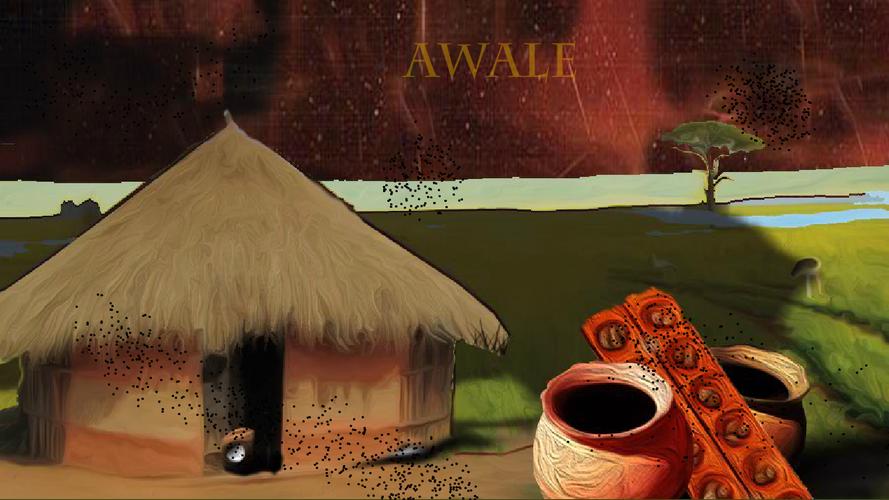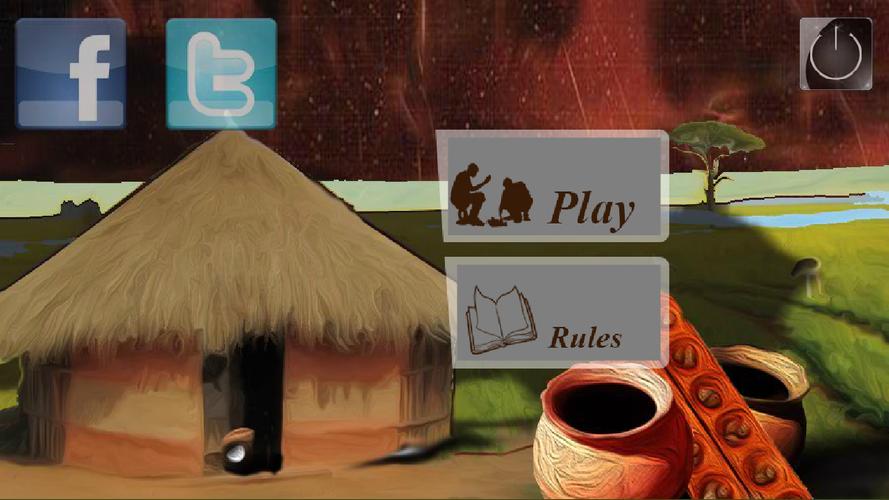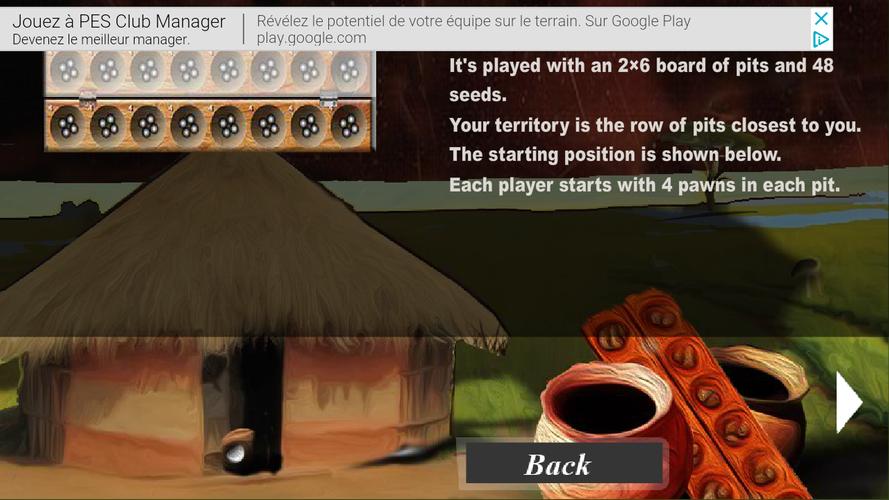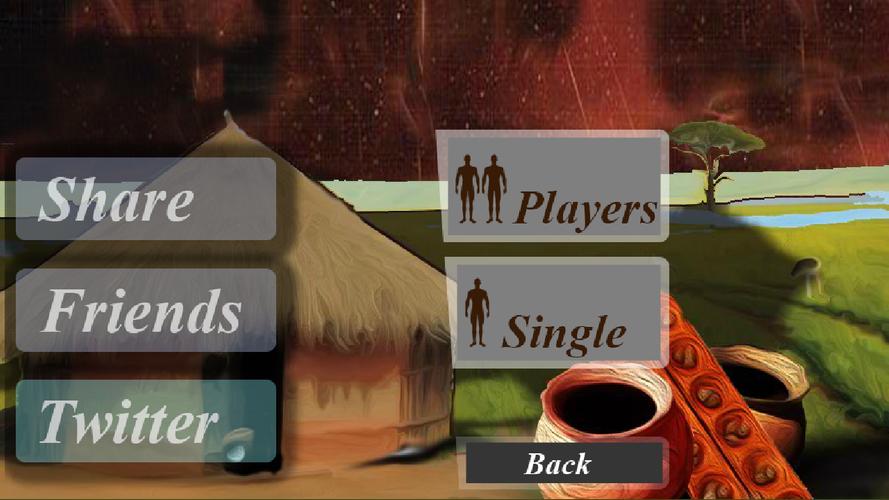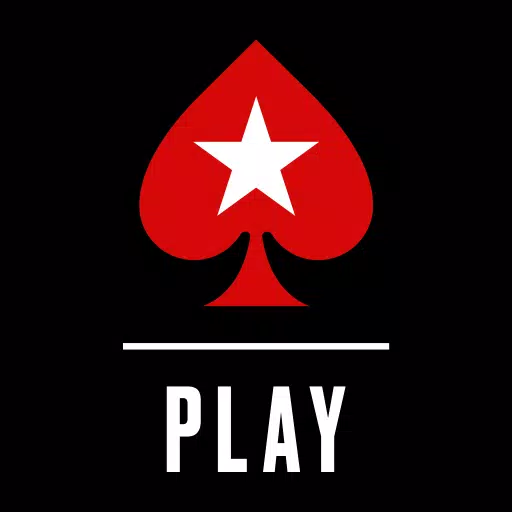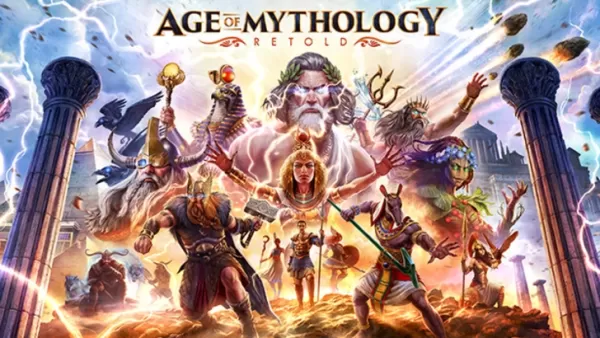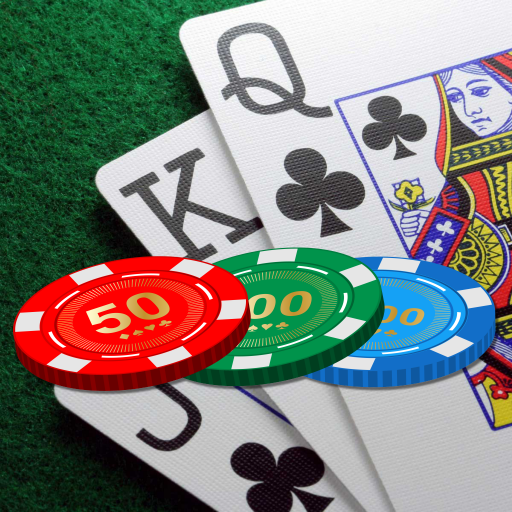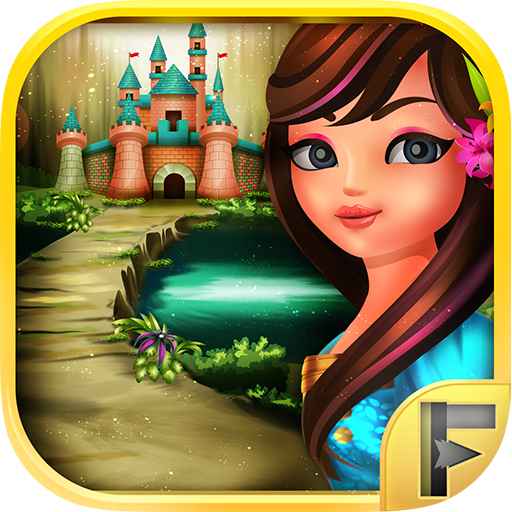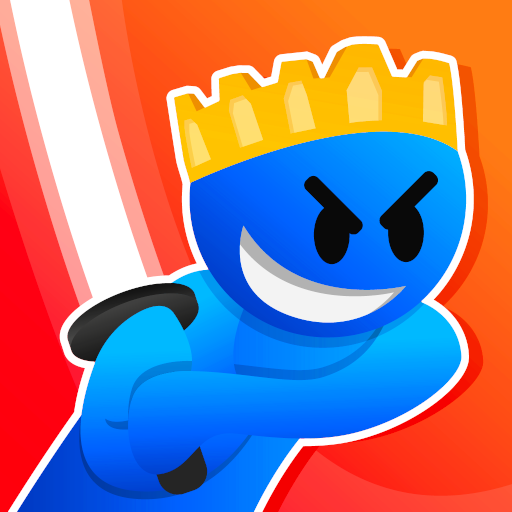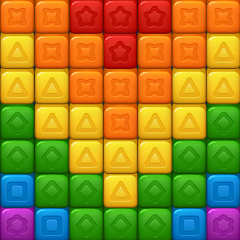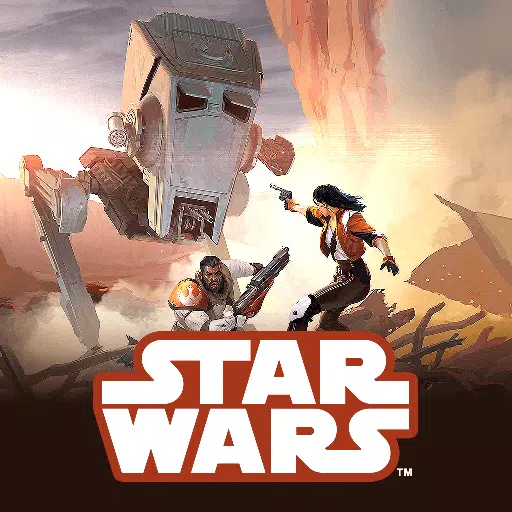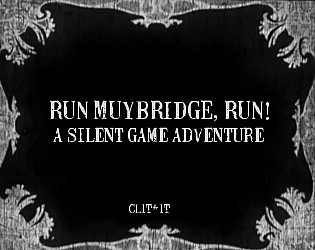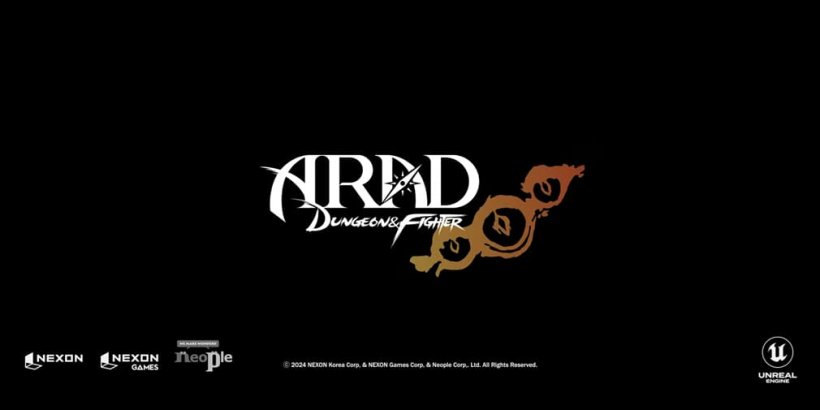A reflection game played in West Africa
Known as Awale, Ayo, or Oware, this strategic board game belongs to the Mancala family and is traditionally played by two players. It shares similarities with other regional variants such as Omweso, Bao, and Igisoro—popular in East Africa.
Awale is set up on a wooden board with two rows of four holes each (8 total per player) and uses 64 small playing pieces—typically seeds or stones. Each player controls the row of holes nearest to them, forming their territory.
The primary objective? To capture more of your opponent’s pieces than they can capture from you—ideally enough to prevent them from making any legal moves. Victory comes through foresight, pattern recognition, and tactical distribution of seeds during play.
Other well-known games in the Mancala family include Ayo (Nigeria), Kisoro and Omweso (Uganda), and Bao (Tanzania and Kenya). These games all share core mechanics but vary in rules and regional flavor.
Historically, Mancala-style games are believed to have originated in the ancient Kingdom of Aksum—located in modern-day Ethiopia—making them not only fun pastimes but also culturally rich artifacts of African heritage.
[ttpp]
[yyxx]

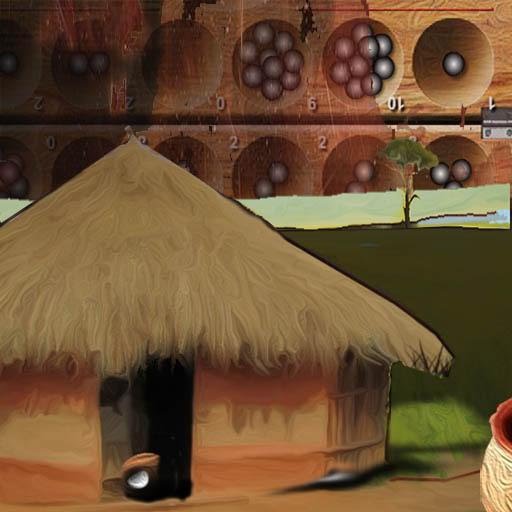
 Download
Download